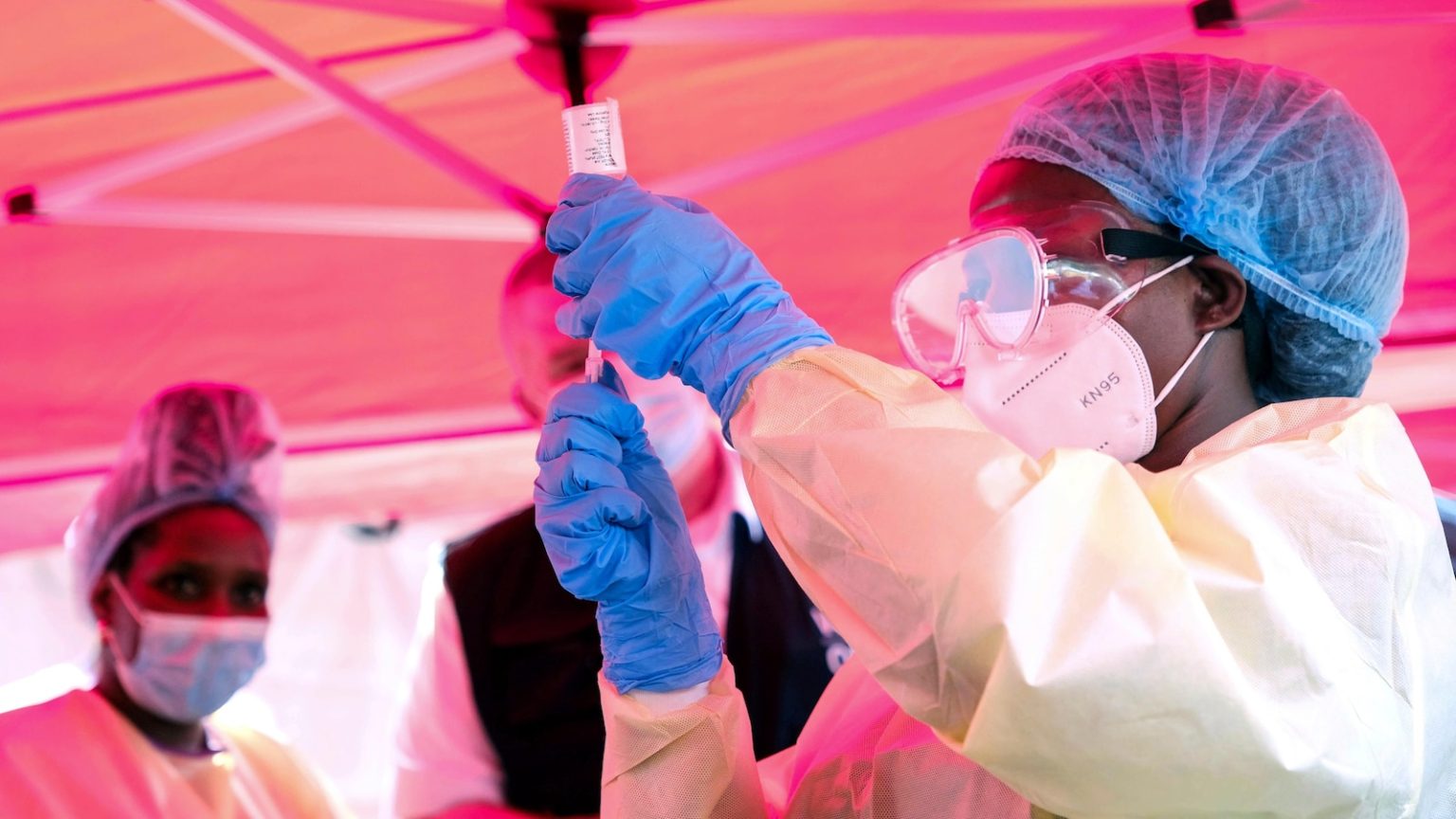Uganda Launches Clinical Trial for Sudan Strain Ebola Vaccine Amid Outbreak
Introduction to the Outbreak and Response
Ugandan health authorities have initiated a clinical trial for a vaccine targeting the Sudan strain of Ebola, following an outbreak that claimed the life of a nurse in Kampala, the capital. The trial began just four days after the outbreak was declared, with health workers and individuals exposed to the virus being prioritized for the study. This swift response underscores the urgency of containing the outbreak, especially given the highly mobile population of Kampala, which numbers around 4 million people. The deceased nurse had sought treatment at a hospital on the outskirts of the city before traveling to Mbale in eastern Uganda, where he was admitted to a public hospital. He also consulted a traditional healer, highlighting the challenges health officials face in tracking potentially exposed individuals.
The Ministry of Health has identified at least 234 contacts linked to the outbreak, emphasizing the critical need for prompt action. The vaccine being used in the trial, provided by IAVI, marks a significant step in the global effort to combat Ebola. Dr. Matshidiso Moeti, the World Health Organization (WHO) Regional Director for Africa, praised the initiative, calling it a "major milestone in public health emergency response" and a testament to the power of collaboration in ensuring global health security.
The Challenges of Containment in a Bustling Urban Environment
The outbreak in Kampala presents unique challenges due to the city’s densely populated and highly mobile population. The deceased nurse’s movements between Kampala and Mbale illustrate the potential for rapid spread, as Ebola can be transmitted through contact with bodily fluids or contaminated materials. Symptoms of the virus, which include fever, vomiting, diarrhea, muscle pain, and in severe cases, internal and external bleeding, can quickly escalate, making early detection and isolation crucial.
Health officials are working diligently to trace contacts and halt further transmission. However, the fact that the nurse sought treatment at multiple facilities and consulted a traditional healer complicates contact tracing efforts. This underscores the importance of community engagement and education in ensuring that individuals with symptoms seek medical attention promptly and avoid seeking care from multiple sources, which can increase the risk of transmission.
The Vaccine Trial and Its Significance
The clinical trial of the Sudan strain Ebola vaccine represents a hopeful development in the fight against this deadly virus. Uganda has access to more than 2,000 doses of the candidate vaccine, which will be used to protect health workers and other high-risk individuals. This vaccine has not yet been widely tested against the Sudan strain, but its deployment is a critical step in mitigating the outbreak’s impact.
The trial is particularly significant in the context of broader global health challenges. This is the first Ebola outbreak since the Trump administration’s decision to withdraw from the WHO and impose a freeze on foreign assistance, moves that have raised concerns about the international community’s ability to respond to public health crises. Despite these challenges, the collaboration between Ugandan health authorities, the WHO, and organizations like IAVI demonstrates the enduring importance of global partnerships in combating infectious diseases.
Historical Context and Lessons from Past Outbreaks
Uganda has a tragic history of Ebola outbreaks, including a devastating outbreak in 2000 that claimed hundreds of lives. These past experiences have taught health officials the importance of swift action, particularly in identifying and isolating contacts of confirmed cases. The current outbreak serves as a stark reminder of the ongoing threat posed by viral hemorrhagic fevers in the region. Neighboring countries, such as Tanzania and Rwanda, have also recently faced outbreaks of similar diseases, including Marburg virus, which is closely related to Ebola.
The use of vaccines has proven instrumental in controlling past Ebola outbreaks. For instance, during the 2018-2020 Ebola outbreak in the Democratic Republic of Congo, a vaccine known as rVSV-ZEBOV was used to vaccinate over 3,000 high-risk individuals, helping to curb the spread of the Zaire strain of the virus. While the current trial in Uganda targets a different strain, the lessons learned from past outbreaks inform the approach being taken today. The ability to rapidly deploy a vaccine is a testament to advances in medical research and the importance of preparedness.
The Ongoing Mystery of Ebola’s Origins
Despite decades of research, scientists remain uncertain about the natural reservoir of the Ebola virus. However, it is widely believed that the first person infected in an outbreak typically acquires the virus through contact with an infected animal or by consuming raw or undercooked meat from such an animal. This zoonotic transmission highlights the interconnectedness of human and animal health, a concept central to the "One Health" approach advocated by global health organizations.
Ebola was first identified in 1976, during simultaneous outbreaks in what are now South Sudan and the Democratic Republic of Congo. The virus is named after the Ebola River, near which one of the earliest outbreaks occurred. Since its discovery, Ebola has caused periodic outbreaks across Central and East Africa, each time prompting a renewed focus on prevention, treatment, and vaccination.
The Broader Implications for Global Health
The current Ebola outbreak in Uganda serves as a poignant reminder of the fragile state of global health security. The rapid spread of infectious diseases, facilitated by urbanization, mobility, and interconnectedness, underscores the need for robust health systems and international cooperation. The clinical trial of the Sudan strain Ebola vaccine is not only a critical step in addressing the current outbreak but also a vital investment in future preparedness.
As the global community continues to grapple with the challenges posed by Ebola and other infectious diseases, the lessons learned from this outbreak will play a crucial role in shaping the response to future public health crises. The collaboration between Ugandan health authorities, international organizations, and research institutions offers hope that, even in the face of adversity, collective action can lead to meaningful progress in safeguarding global health.















